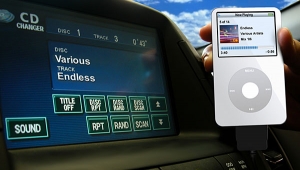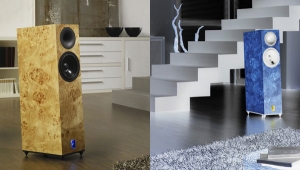| Columns Retired Columns & Blogs |
Taking a quick listen in a dealer's showroom, I can miss problems with a system. After taking a day or two to evaluate a new piece of equipment in my system, I almost always understand the relative benefits and limitations of the new item.


























